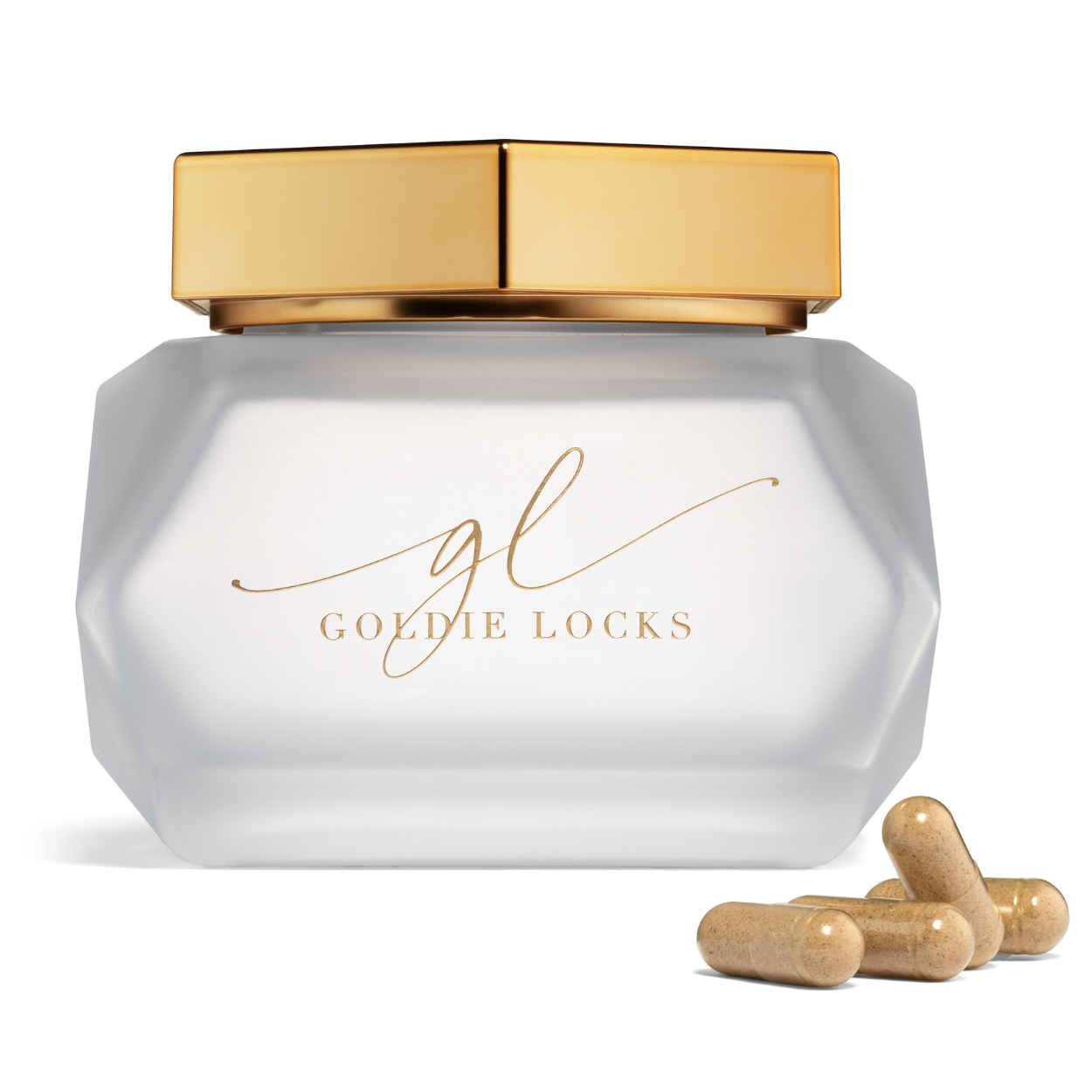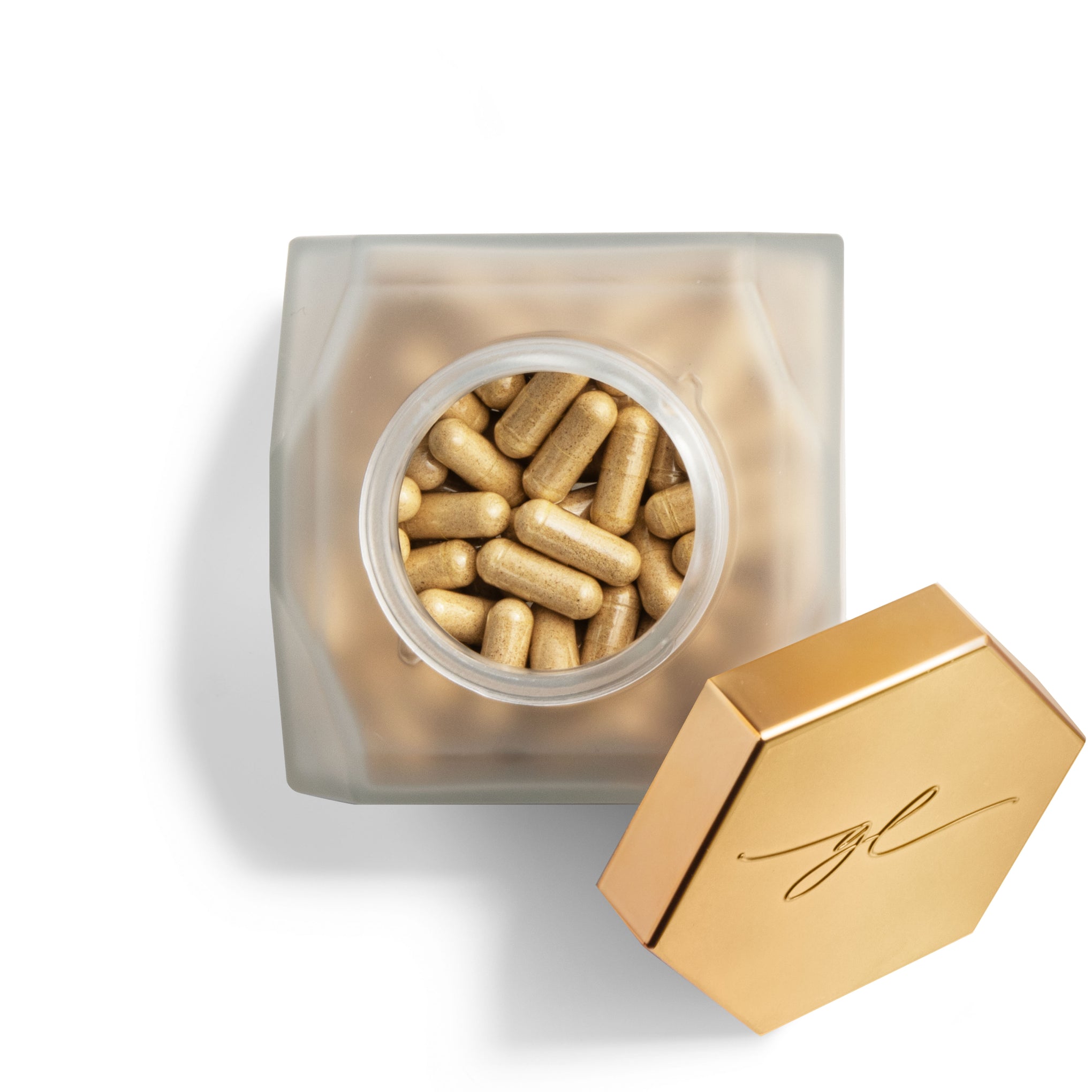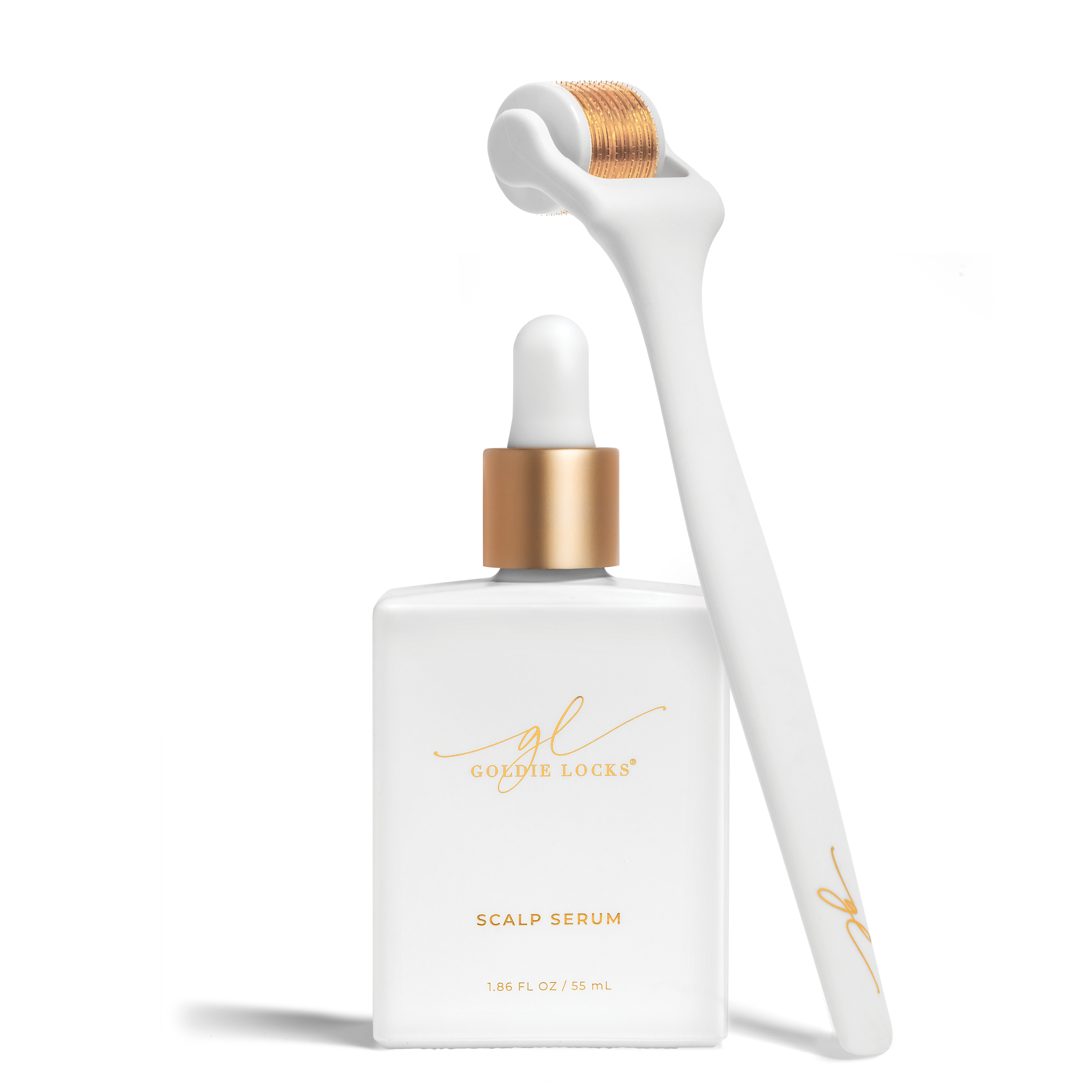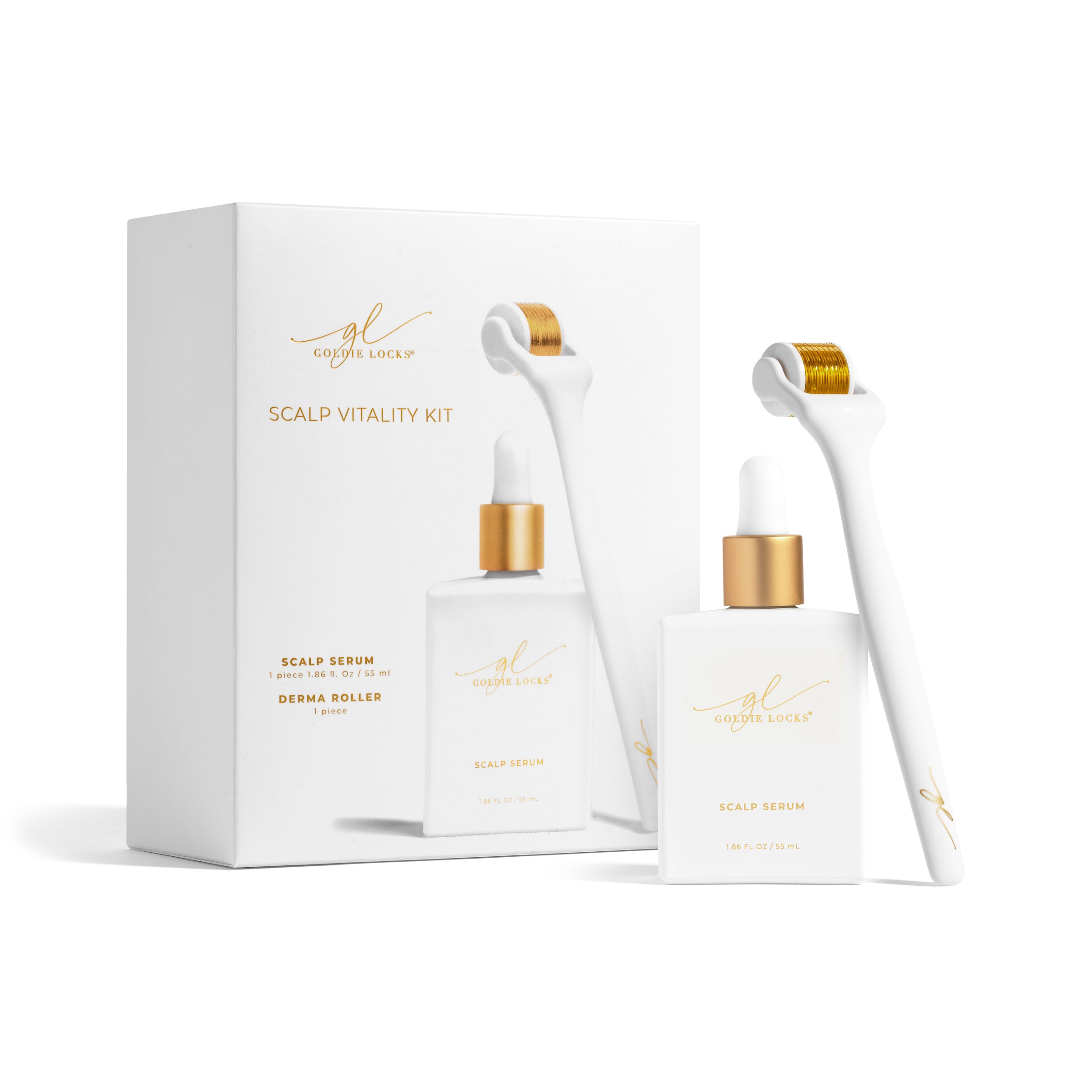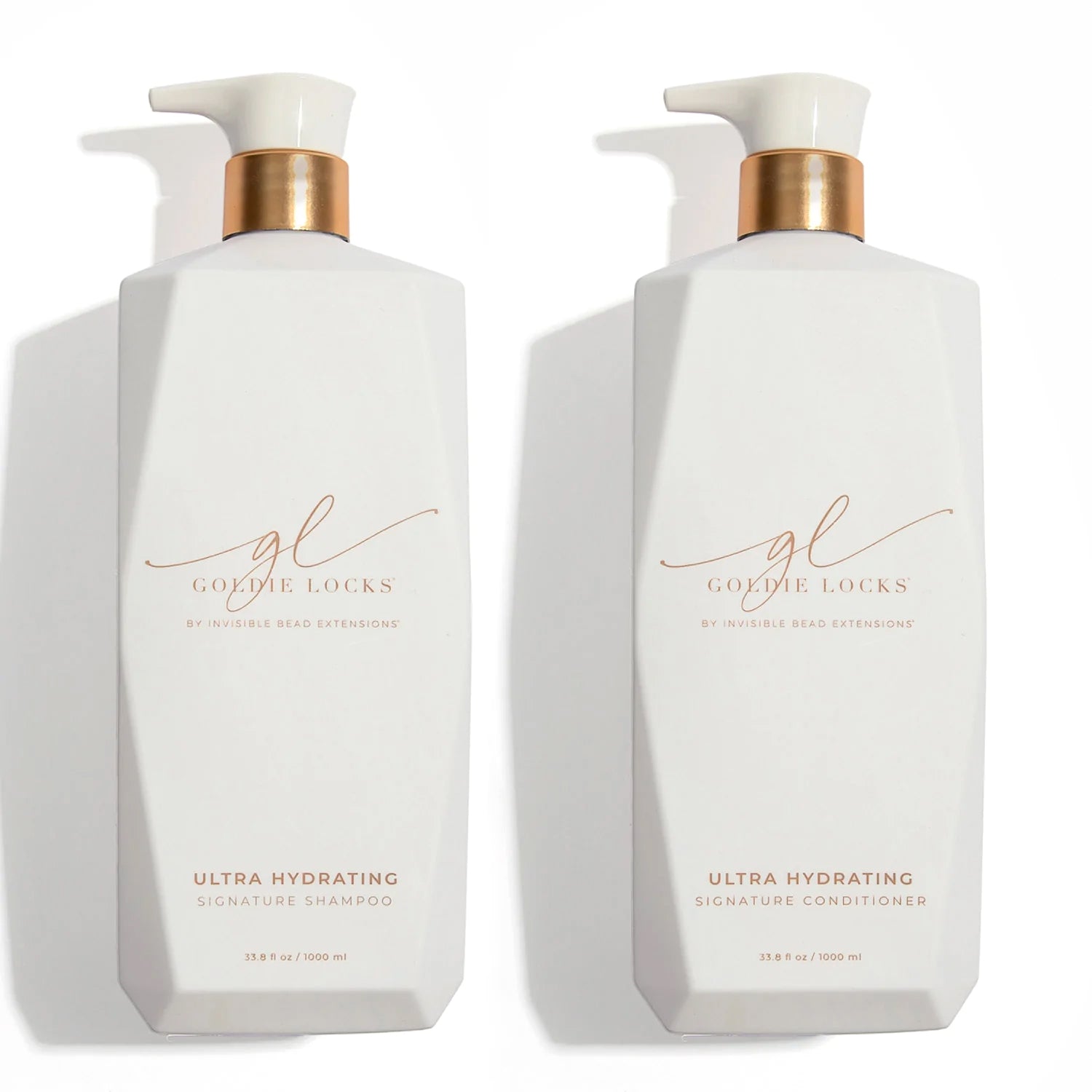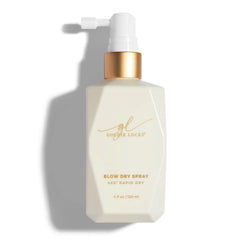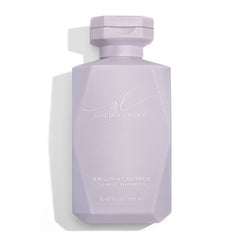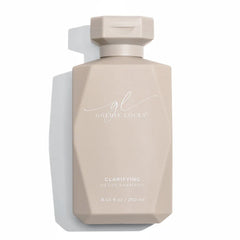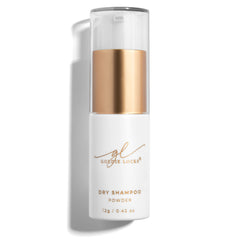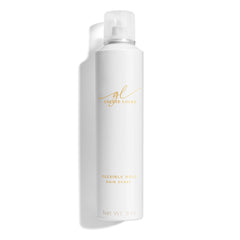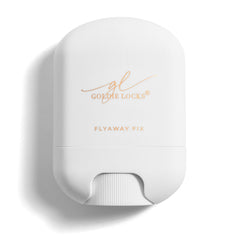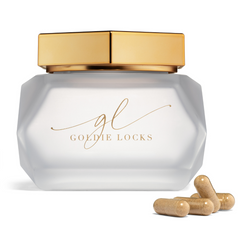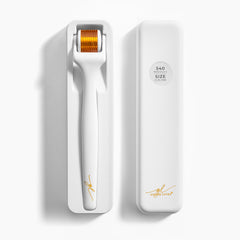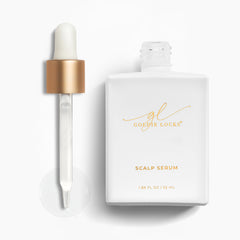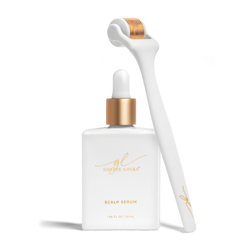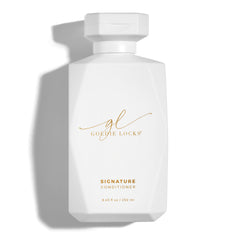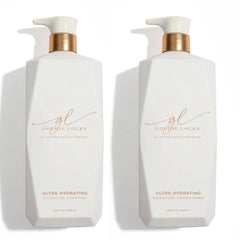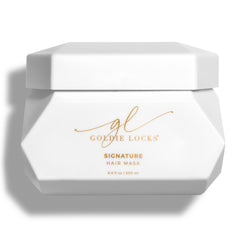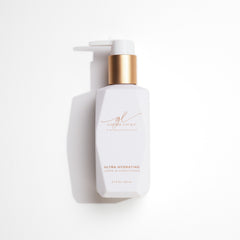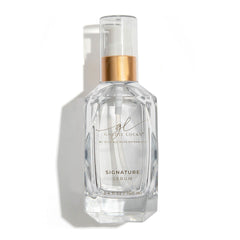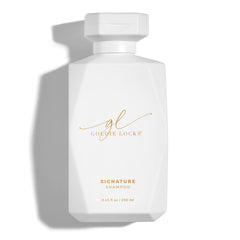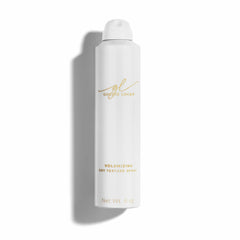We’ve all seen it, you may have even touched more than a few in your day. In beauty school it was the moment the warm water touched [usually the mature ladies] hair is the exact moment you would hold your breath. We’ve been faced with client hygiene issues from the beginning so while you may be used to it, we want you to know that it doesn’t have to be this way.
Let’s be clear, we are not talking about the client(s) who may have gone [sans shampooing] four days instead of three before their appointment. We are talking about the client(s) that may take their appointment for granted and intentionally and unapologetically show up with extremely dirty, oil caked scalp as a standard.
Let’s dive into ways we can help shape our clients habits immediately so that we don’t have to hear - “My hair is dirty but I knew I had my appointment today so I skipped the wash on purpose,” ever again! In addition to that we will provide you with conversation starters and facts to back up your professional stance on the matter.
Nipping It in the Bud
There is no time like the present to address an extremely dirty, oily scalp. If you are ready to get this addressed once and for all, here’s a great place to start. When they sit in your chair for their consultation, use a comb to part through their hair, or give them a handheld mirror to see the oil and build up for themself and determine if their scalp deems ‘red flag,’ if so then say, unfortunately, the way the state of their hair and scalp is today you cannot jump right into their service. Instead you will need to shampoo them followed by a rough dry before getting started. This is an additional service and may affect their service time.
If you booked them on a tight schedule and will not be able to give them that fabulous finish, you need to ask yourself is this trade off worth it to show your client what proper salon hygiene means to you and their end results. Actions are easily remembered whereas not all conversations are. While this may seem a bit extreme for some, it will be the action that gets remembered.
Starting the Conversation
Initiating a conversation about hygiene doesn't have to be awkward or confrontational. Here are some conversation starters that can help you address the issue with sensitivity and professionalism:
1. "I want to make sure you get the best results today."
- This gentle opener shows your commitment to their satisfaction.
2. "I've noticed some buildup on your scalp."
- Use a mirror to show them any visible issues while maintaining their dignity.
3. "Let's discuss your hair and scalp health."
- Approach it as a health concern to emphasize its importance.
4. "We have options to address this."
- Offer solutions and product recommendations rather than just pointing out the problem.
5. "We want to make sure we’re not causing long term damage to your new hair growth."
- Frame it as an enhancement to their future hair health.
Suggesting Additional Services
In cases where a client's hair and scalp hygiene require extra attention, suggesting an additional service is a professional approach. Here's how you can do it:
- Be Honest and Kind: Explain the situation honestly but kindly, focusing on their needs and comfort.
- Offer a Solution: Suggest a shampoo and drying service, assuring them it will enhance their overall experience and end results.
- Discuss Time Impact: Mention if this additional service might affect their appointment duration or final style.
- Emphasize the Benefits: Highlight the positive outcomes of a clean scalp, such as better styling and longer-lasting results.
Remember, addressing hygiene isn't about judgment but about ensuring your clients leave your salon looking and feeling their absolute best. It's a service you provide to maintain the integrity of your craft and ensure clients are comfortable and satisfied.
Teach your clients how and when to use dry shampoo to get the best results
The Negative Side Effects Can Include:
For clients that show up time and time again with a dirty scalp it is important to create a conversation about the negative short and long term effects it can have on their hair health. Being transparent and informational only emphasizes your professionalism, care and expertise.
- Irritation and Itchiness: Accumulated dirt and oils can result in an itchy scalp and discomfort. This can also lead to scratch abrasions on their scalp.
- Hair Breakage: A dirty scalp can weaken new hair growth, leading to a future of increased breakage and split ends.
- Blocked Hair Follicles: Buildup can clog hair follicles, hindering healthy hair growth.
- Unpleasant Odor: Neglected hygiene can result in an unpleasant smell.
- Dull and Lifeless Hair: Excessive buildup can lead to hair that lacks luster and shine.
A Win-Win Situation
Approaching the topic of hygiene may feel uncomfortable at first, but it's a crucial aspect of our profession. By addressing it directly and professionally, you not only maintain the hygiene standards of your salon but also ensure your clients leave with beautiful, healthy hair and a positive salon experience. It's a win-win situation that benefits everyone involved.
Client experience extends beyond the chair, and addressing hygiene issues is just one way we go the extra mile for our clients. We hope these tips help you navigate this important aspect of our profession with confidence and care.
